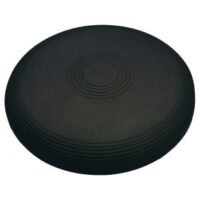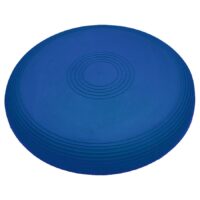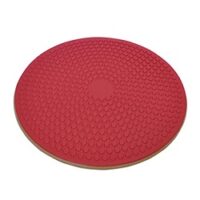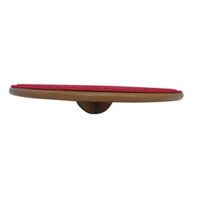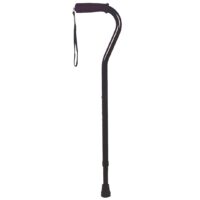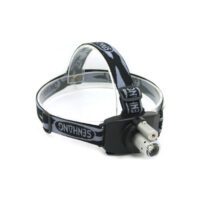Balance Assessment
The Key to Stability and Safety
Introduction
Balance plays a crucial role in our daily lives, influencing everything from walking to sports performance. A physiotherapist’s perspective brings a new dimension to understanding and improving balance. In this article, we’ll explore the latest in balance assessment and physiotherapy techniques, helping you to maintain stability and prevent falls.
Why is Balance Assessment Important?
Balance assessment is vital for identifying balance issues and preventing falls. Falls are a significant health concern, especially among older adults, leading to injuries and loss of independence. Physiotherapists use a variety of balance assessment tests to pinpoint specific issues and tailor rehabilitation exercises accordingly.
How Does Physiotherapy Help with Balance?
Physiotherapy plays a pivotal role in improving balance. Physiotherapists are highly-trained in movement and function. They use targeted exercises to strengthen muscles, improve coordination, and enhance proprioception – the body’s ability to sense its position in space.
Latest Research in Balance Improvement
Recent studies highlight the effectiveness of tailored exercise programs in improving balance. These programs often include strength training, coordination exercises, and activities that challenge the body’s balance system. Research also shows that incorporating virtual reality and interactive gaming can make balance training more engaging and effective.
Balance Assessment Tests
Physiotherapists use various tests to assess balance. These may include the Berg Balance Scale, the Dynamic Gait Index, and the Timed Up and Go test, just to name a few. These tests provide valuable information about an individual’s balance and risk of falling.

The Best Exercises for Balance Improvement
- Strength Training: Strengthens leg muscles, crucial for maintaining balance.
- Yoga and Tai Chi: Improve flexibility and mental focus, enhancing balance.
- Dynamic Balance Exercises: Challenge the body’s ability to maintain stability while in motion.
- Proprioceptive Training: Enhances the body’s awareness in space.
Balance Enhancement Products
Incorporating balance-enhancing products into your routine can significantly improve stability. These include balance discs, balance pads, Swiss exercise balls, and wobble boards. They provide a safe and effective way to challenge and improve your balance.
For more details: Balance-Related Products
When to Seek a Physiotherapist’s Help?
If you’re experiencing frequent falls, dizziness, or a general sense of instability, it’s time to consult a physiotherapist. They can provide a thorough balance assessment and create a customised treatment plan.
Conclusion
Balance assessment and improvement are essential for maintaining a healthy, active lifestyle. With the help of a skilled physiotherapist, you can enhance your balance, prevent falls, and improve your overall quality of life.
What to Do Next?
If you’re concerned about your balance or have experienced falls, don’t hesitate to seek the advice of a physiotherapist. They can provide a comprehensive balance assessment and tailor a treatment plan to meet your specific needs. Remember, maintaining good balance is key to your independence and wellbeing.
More Info




